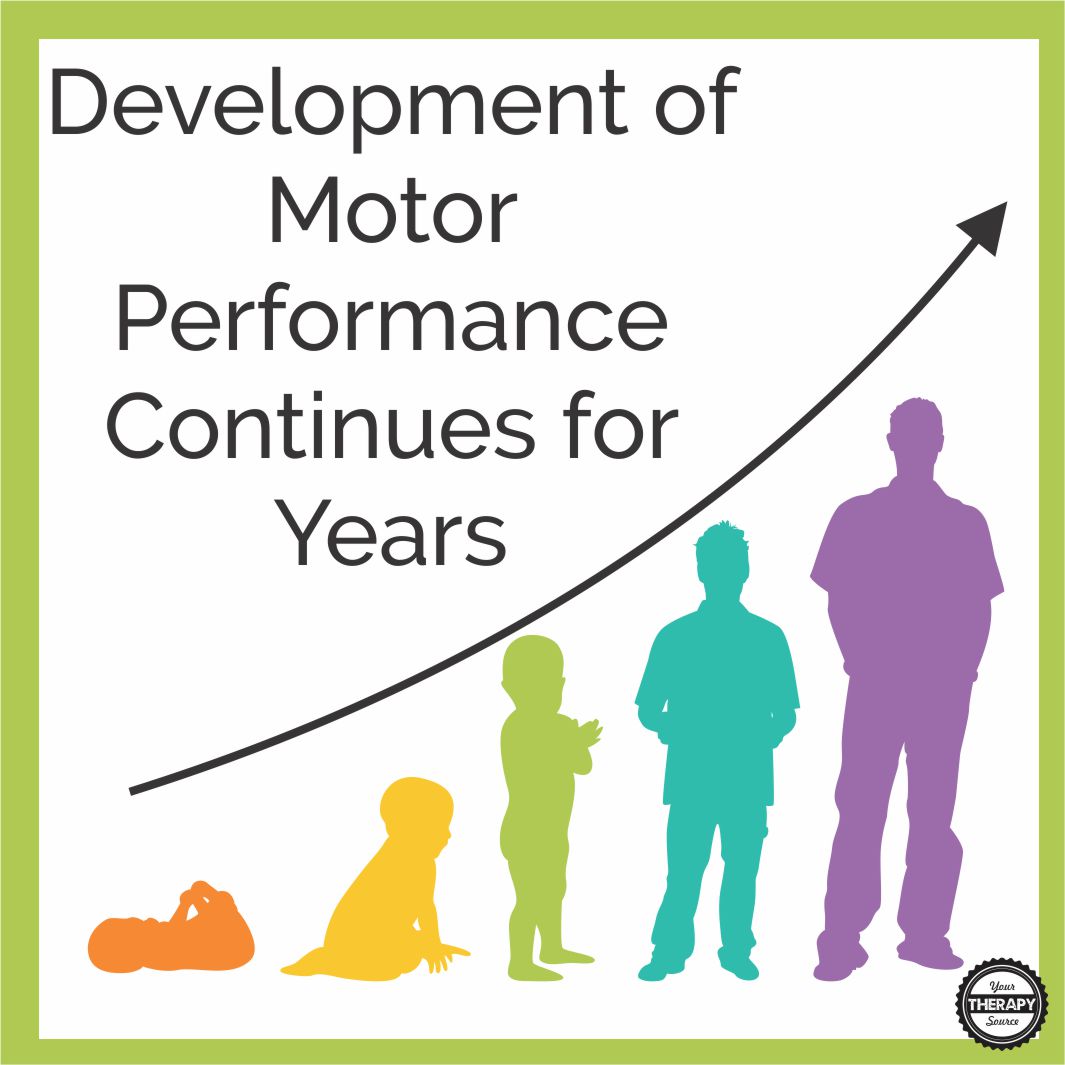Benefits of Structured Bimanual Skill Practice
Research in Developmental Disabilities published research on the benefits of structured bimanual skill practice. Twenty children with unilateral spastic cerebral palsy (CP) participated in the study in order to determine the importance of skill progression during intensive bimanual practice on movement coordination. Methodology of the Study on the Benefits of Structured Bimanual Skill Practice The […]










